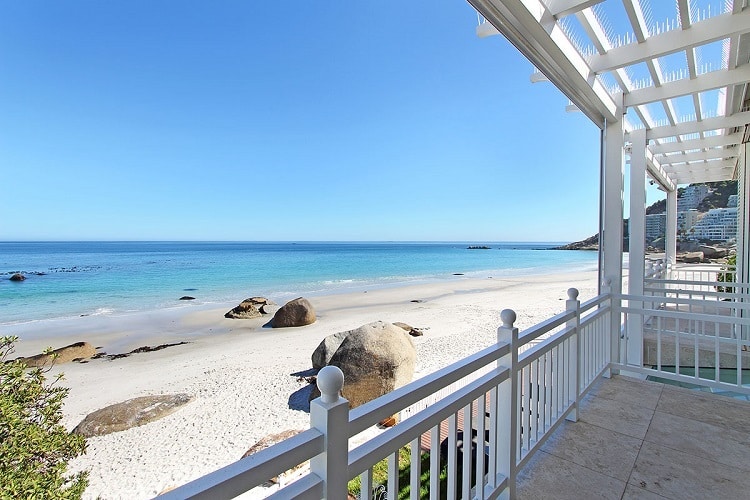Planning on investing in holiday rentals? Before you get too carried away, it can be extremely valuable to consider all of your options well in advance, so that you can safely and realistically get the best out of your property investment plans.
Unlike long term rentals, short term rentals have a very different approach. For future investors, this buy to let property model offers many enticing benefits, from a higher return on investment to reduced overheads. That’s not to say that the short term market is always reliable however. Your overall success depends on numerous factors – not least your ability to manage and market your property effectively. With that said, taking the time to do some plotting and planning well in advance can make a huge difference in the long run.
Before You Invest in Holiday Rentals…
Some of the things that you should always carefully consider long before you begin to hunt for the right holiday rentals property options include the following:
- Make sure you can afford your investment. If you are buying property to rent on the holiday market, make sure that you can afford it. Many new investors assume that they will be able to level out after a few months of solid bookings, which is a mistake. You should start to see returns if your property is properly managed and actively promoted, but you will still need to plan for home loans, rates and other initial costs.
- Check local property use rules and regulations. You may have to apply for special permits in order to transform a residential home or apartment into a vacation rental. If you live in a complex, that means checking with body corporate and other stakeholders. It also means checking any zoning laws that may apply.
- Look out for hidden and ongoing costs. Rates, utilities, insurance, furnishings, self-catering equipment, property management and many other costs will typically be expected on a monthly basis. Make sure that you are fully aware of all costs, right from the onset.
- Be realistic in your income expectations. Don’t forget to include expenses that are incurred each month, which may impact on your monthly short term rental income potential. It’s also good to remember that not all months will be the same – high season rates differ from low season rates and occupancy is not always a given all-year around.
- Have a management plan in place. What will you do in an emergency? Who will assist guests in the event of a power failure, WiFi connectivity issue or geyser fault? Hiring a dedicated property manager will give you peace of mind in knowing that you have everything covered.
- Have a rental business plan in place. You will also need to have a strategy set up. How will you market your property? Will you do your own listing on Airbnb, hire someone to assist with property marketing as well as management or try any other marketing channels?
- Protect your property when it’s vacant. What security measures will you use to ensure that your property does not fall prey to vandals or vagrants when not in use? A poorly managed, unprotected property can be a sitting duck. Make sure that you have a plan set up to keep it protected throughout the year.
- Remember that holiday rentals are a business. You will need to declare earnings and organise your taxes just as you would for any other investment.
The good news is that in areas such as Cape Town, holiday rentals are showing outstanding growth as an investment option. As tourism numbers continue to stabilise, and platforms such as Airbnb continue to offer homeowners a way to enjoy the rewards of short term rentals, this means that smart investors will be able to enjoy plenty of returns… provided they stay savvy and do the essential legwork before getting started, of course.
To learn more about transforming your property into a guest-worthy establishment, contact Totalstay today and we will arrange to set up an evaluation on your holiday rentals property.


